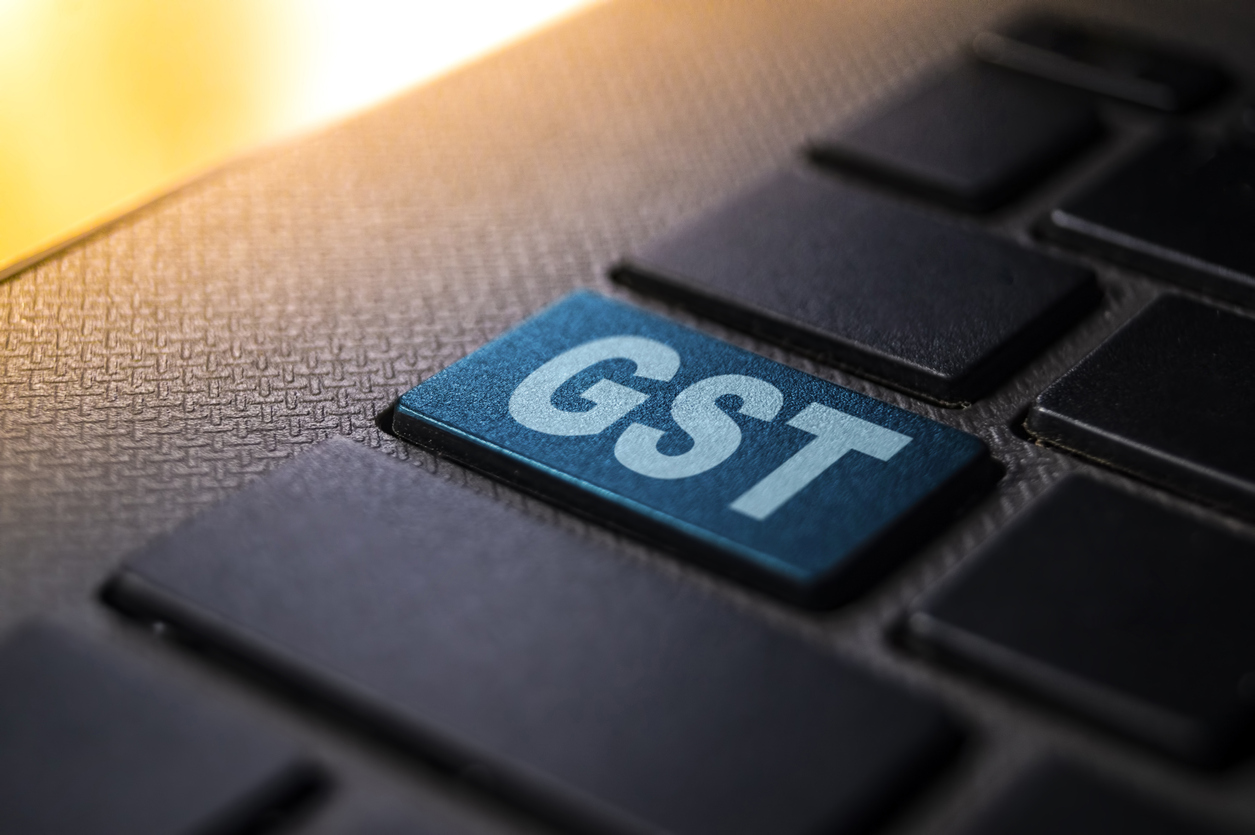
CAG says Centre violated law, used funds for GST compensation for other purposes

The Comptroller and Auditor General of India has found that the Central government violated the law by retaining Rs 47,272 crore of GST compensation cess in the Consolidated Fund of India (CFI) during 2017-18 and 2018-19, and used the money for other purposes. This “led to overstatement of revenue receipts and understatement of fiscal deficit for the year”.
Finance Minister Nirmala Sitharaman, while citing the opinion of the Attorney General of India, had told parliament last week that there was no provision in the law to compensate states for loss of GST revenue out of the CFI.
“Audit examination of information in Statements 8, 9 and 13 with regard to collection of the cess and its transfer to the GST Compensation Cess Fund, shows that there was short crediting to the Fund of the GST Compensation Cess collections totaling to ₹ 47,272 crore during 2017-18 and 2018-19,” the CAG said, The Indian Express reported.
“The short-crediting was a violation of the GST Compensation Cess Act, 2017,” the national auditor said in its report on the accounts of the Union government, which were tabled in Parliament on Wednesday, the last day of the monsoon session.
Related news: Uniformity in GST rates necessary for sustained growth of mining sector: FIMI
As per the provisions of the GST Compensation Cess Act, the entire cess collected during a year is required to be credited to a non-lapsable fund (GST compensation cess fund) which is part of the Public Account, and is meant to be used specifically to compensate states for loss of revenue.
However, the government, instead of transferring the entire GST cess amount to the GST compensation fund, retained it in the CFI, and used it for other purposes.
“The amount by which the cess was short-credited was also retained in the CFI and became available for use for purposes other than what was provided in the Act,” CAG said. “Short-crediting of cess collected during the year led to overstatement of revenue receipts and understatement of fiscal deficit for the year,” it said.
The report says: “During 2018-19, there was a Budget provision of ₹ 90,000 crore for transfer to the Fund and an equal amount was budgeted for release to states as compensation. However, though ₹ 95,081 crore was collected during the year as GST compensation cess, the Department of Revenue transferred only ₹ 54,275 crore to the Fund.
“From the Fund it paid out ₹ 69,275 crore (inclusive of an opening balance of ₹ 15,000 crore in the Fund) as compensation to the States/ UT. This resulted in savings of ₹ 35,725 crore on account of short transfer to the Fund and of ₹ 20,725 crore on account of payment of compensation to the states/ UTs as against BEs of ₹ 90,000 crore each for transfer and payment of compensation,” the CAG said.
On September 18, replying to the debate on the first batch of Supplementary Demands for Grants for the current financial year in Lok Sabha, Sitharaman said, “Cess ke dwara jitna compensation collect hota hai, woh hota hai compensation jise state ko dena hota hai… agar cess collection mein kuchh nahin hai, to nahin hai.” (The compensation that is collected through the cess is the compensation that has to be given to the state… If no cess is collected, there is nothing). The A-G has given his opinion that there is no provision in the GST law to give (compensation) from the Consolidated Fund…”
Related news: GST row: Centre unlikely to borrow as suggested by states
According to the CAG report, the Ministry of Finance has accepted the audit observation, and has stated that “the proceeds of cess collected and not transferred to Public Account would be transferred in subsequent year”.
“Further, any transfer in the subsequent year would become an appropriation from the resources of that year and would require parliamentary authorization,” the report says.
The CAG has also highlighted the violation of accounting procedure in respect of the GST compensation cess.


